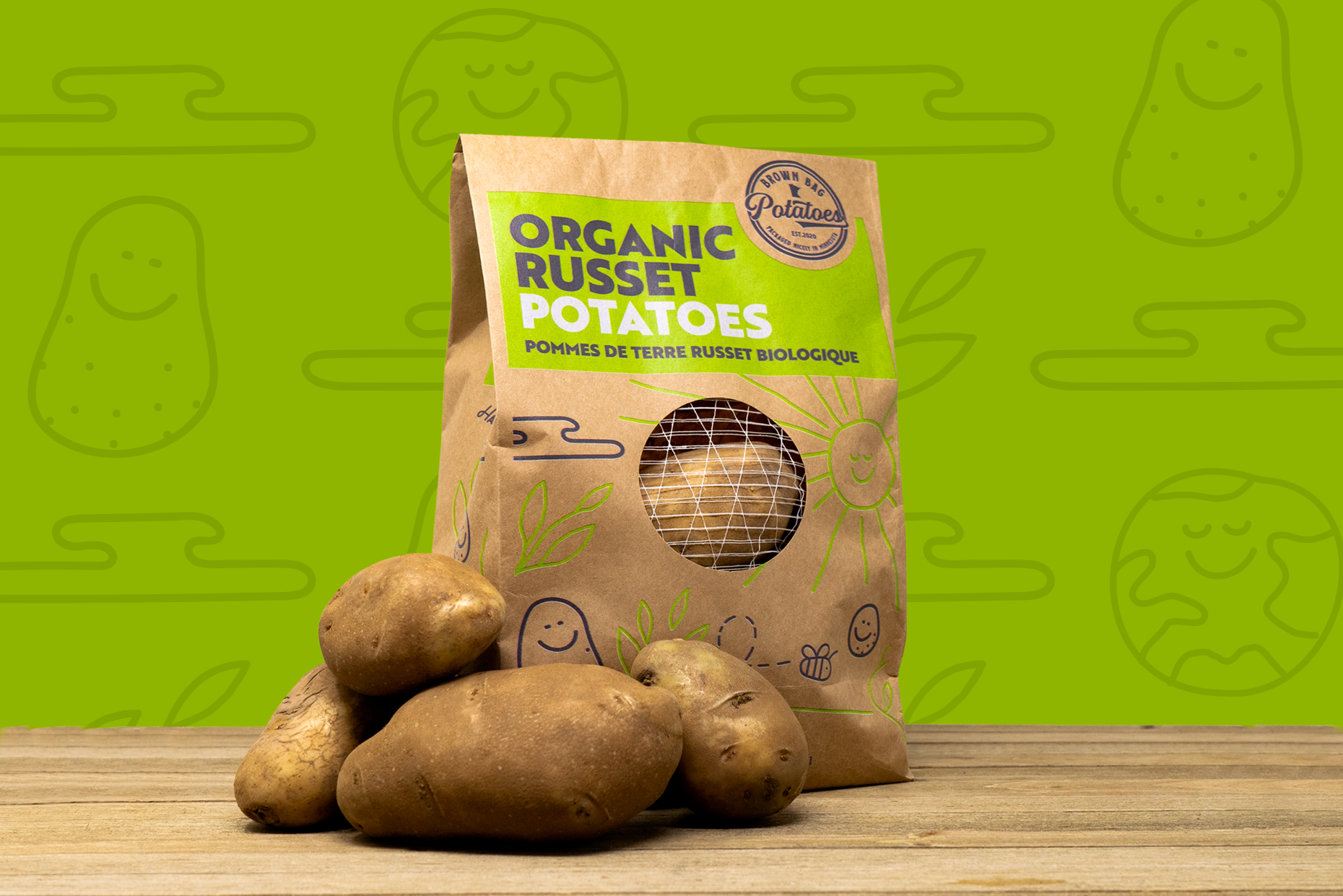Brown Bag Potatoes is leading the charge in sustainable produce packaging. Here’s why.
It’s no secret that over the past several years, the demand for sustainable, recyclable and eco-friendly products is increasing. This not only applies to items we’re most familiar with (cans, boxes and other disposable everyday items) but also plastic grocery packaging. We sometimes tend to overlook the packaging that fresh produce comes in at our local grocery stores.
According to The Northeast Recycling Council, demand for responsible packaging actually exceeded the supply that manufacturers could provide. There are too few facilities that produce recyclable and sustainable packaging, in contrast to consumer desire and demand.
As blogger, Chaz Miller, states in the article Recycling’s New Crisis, Extended Producer Responsibility (EPR) for packaging and paper is often offered as a good way to increase supplies of recyclables. While America has experience with EPR for hard-to-recycle products such as electronics, we have no experience with it for packaging and paper. Earlier this year, Maine and Oregon became the first states to pass such a law, but those two states will provide little additional supply because they are small and already have two of the highest recycling rates in the country. They also don’t plan to have an operating program until 2025 at the earliest.
So, what does this have to do with produce and the packaging it comes in? Well, customers are becoming more aware of the environmental consequences of plastic and its inability to break down over time.
In an article by Business News Daily, Andrew Martin writes, “Over the past five years, there has been a 71% rise in online searches for sustainable goods globally, according to The Economist Intelligence Unit.” He goes on to cite, “According to a survey from McKinsey & Co., 66% of all respondents and 75% of millennial respondents say that they consider sustainability when they make a purchase. Customers now align themselves with brands that are compatible with their values and priorities.”
With sustainability playing a significant role in consumer decision-making, buyers and retailers are taking notice.
“Sustainable packaging is top of mind for a lot of retailers now,” says Vee’s Produce Owner & President, Jason Vee. “Many of them are committed to reaching specific benchmarks for sustainable packaging in 2023.” Meaning now is the perfect time to introduce sustainable and functional produce packaging options into multiple grocery chains across the midwest and beyond.
Historically, manufacturers have been slow to respond to the ever-increasing call for recyclable and compostable products and packaging. There has also been an uptick in plastic use in the past 2 years due to the pandemic. In an excerpt from an article from Edge2Edge Packaging (a packing solutions company), “single-use plastics and other non-recyclable packaging items are prevalent in grocery stores. This practice is problematic as only 14–18% of plastic is currently recycled globally. This recycling rate is even lower in specific countries. For example, in the United States, the overall plastic recycling rate was only 8.7% in 2018. Moreover, the COVID-19 pandemic has led to an increase in plastic consumption.”
Brown Bag Potatoes is committed to driving change in this plastic-driven world and is poised to be one of the leaders in an industry where there is a lack of environmental focus. With consumer demand growing and other companies not following through, BBP is determined to be the model of what consumers are asking for: one of the only companies of its kind to make 100% recyclable and compostable packaging for produce. Less waste, fewer toxins, smaller carbon footprint and overall more sustainability.
The takeaway? Demand for Earth-friendly products continues to grow. Brown Bag Potatoes is ready to stock shelves with its planet-friendly potato option that consumers want.
Email John Alstrup to place your order today.


